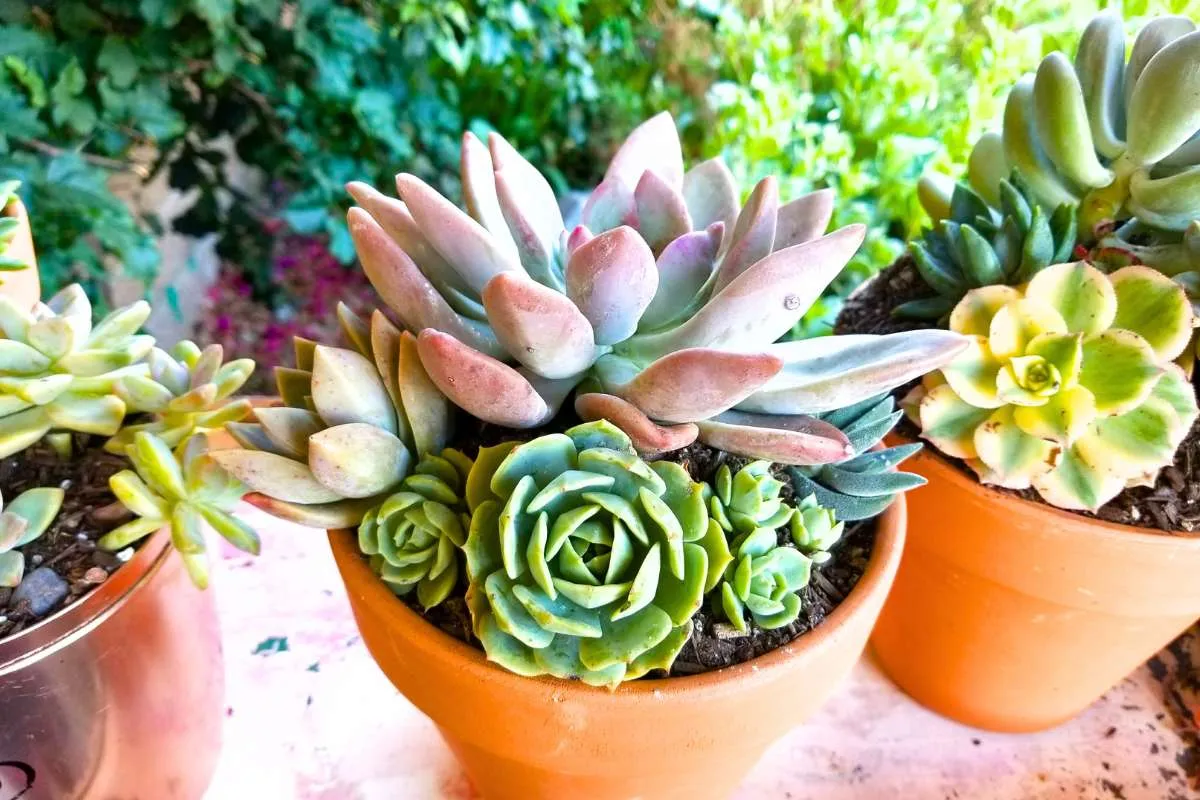Are you a succulent enthusiast looking for an all-natural, cost-effective way to give your plants a boost? Look no further than compost tea! This magical elixir has been gaining popularity among gardeners for its myriad benefits. In this comprehensive guide, we’ll explore everything you need to know about compost tea, from its uses and ingredients to expert tips on how to make it like a pro.
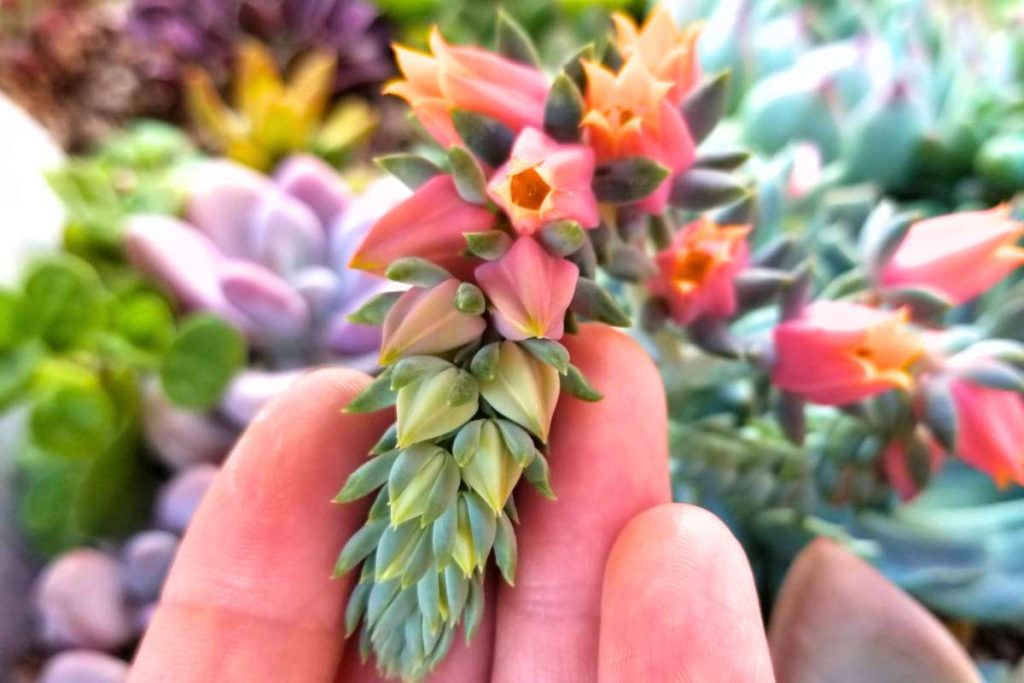
Uses of Compost Tea
Compost tea is a liquid fertilizer that provides a rich source of beneficial microorganisms, nutrients, and enzymes for your plants. It can help improve soil structure which allows the roots to really take hold and spread out, increase nutrient uptake, and even enhance your plants’ natural defenses against pests and diseases because pests are opportunistic when succulents are weak. In short, it is like a refreshing energy drink for your succulents!
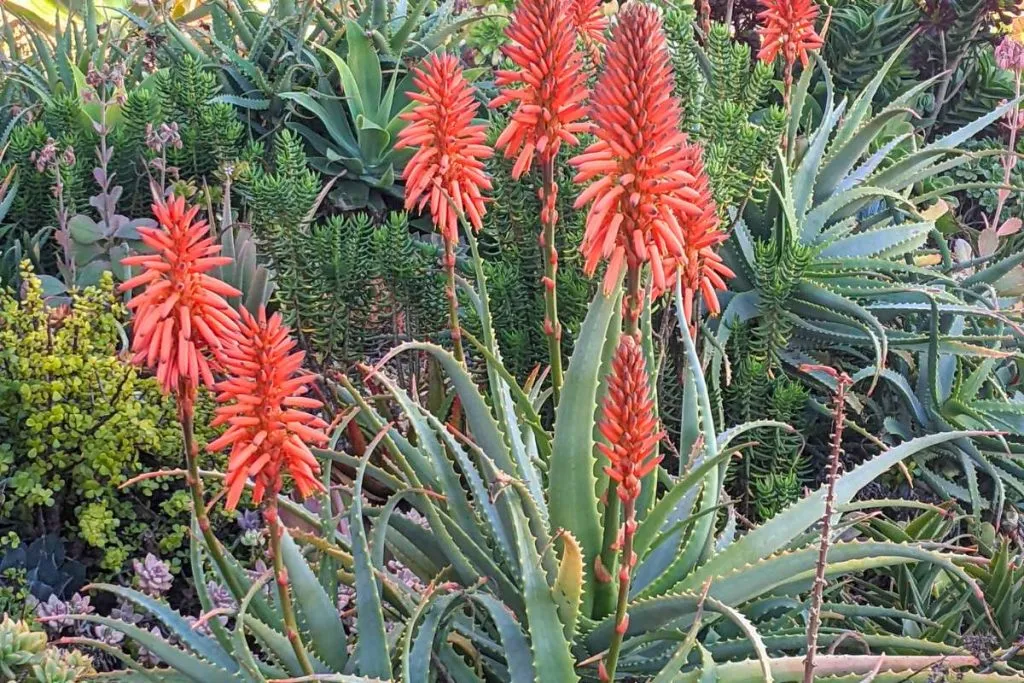
Ingredients
To make compost tea, you’ll need the following ingredients:
- High-quality compost: This serves as the base for your tea and provides the essential nutrients and microorganisms.
- Water: Use dechlorinated water to avoid killing beneficial microbes in the compost. Rainwater or distilled water works best. You can also use tap water that has been left to sit out for a day or two.
- Aeration equipment: An air pump or aquarium bubbler helps oxygenate the tea and promote the growth of beneficial aerobic bacteria.
- Molasses (optional): Adding molasses provides a food source for the microscopic microbes, encouraging their growth and reproduction.
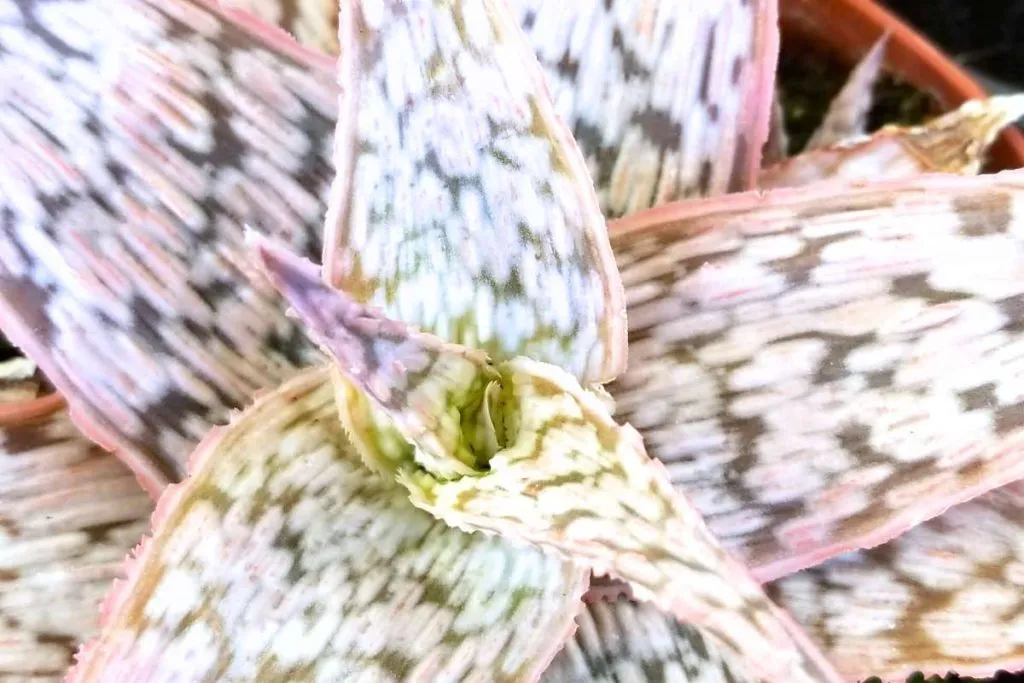
How to Start a Batch of Compost Tea
Before you start brewing, gather all the necessary equipment and ingredients. You’ll need a large bucket or container, preferably made from food-grade plastic or stainless steel. Avoid using metal containers that aren’t stainless steel, as they can react with the nutrients and kill beneficial microbes.
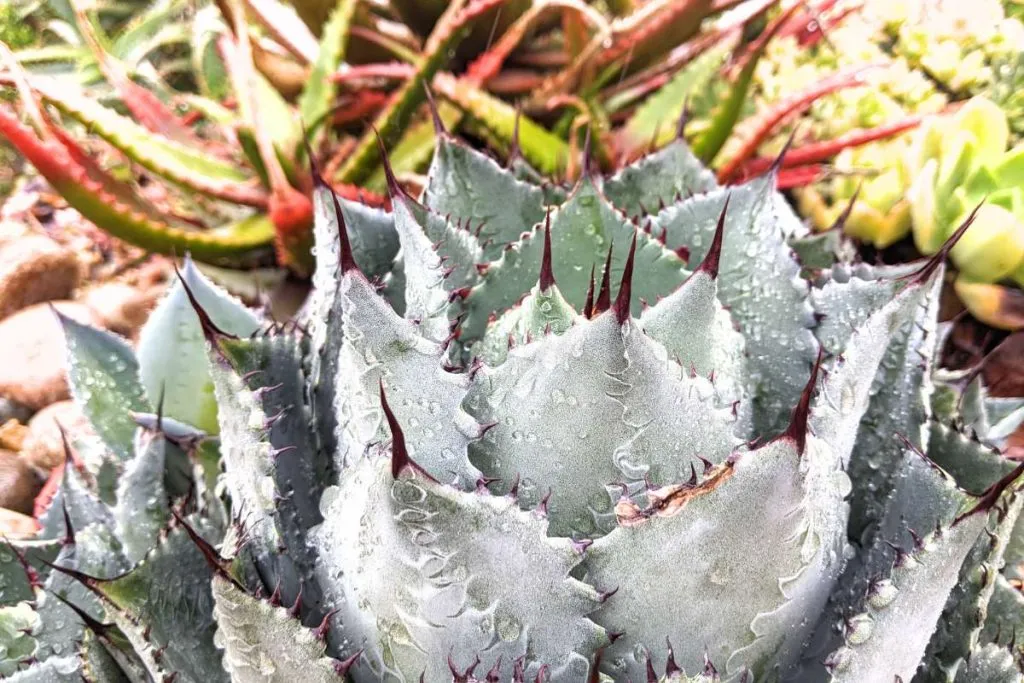
How to Make Compost Tea
There are two main methods: aerated and non-aerated. Let’s explore both techniques!
Aerated Compost Tea
- Fill your bucket or container with dechlorinated water.
- Add about 1 part compost to 5 parts water.
- Stir in a tablespoon of unsulfured molasses per gallon of water.
- Attach your aeration equipment and let it run continuously for 24-48 hours.
- After brewing, strain the liquid through a fine mesh or cheesecloth to remove solids.
- Dilute the tea as needed (usually 1:10 ratio) and apply it to your succulents with a watering can or spray bottle.
Non-aerated
- Fill your bucket or container with dechlorinated water.
- Add about 1 part compost to 5 parts water.
- Stir in a tablespoon of unsulfured molasses per gallon of water.
- Cover the container and let it sit for 3-7 days, stirring occasionally.
- After brewing, strain and dilute the tea as described above.
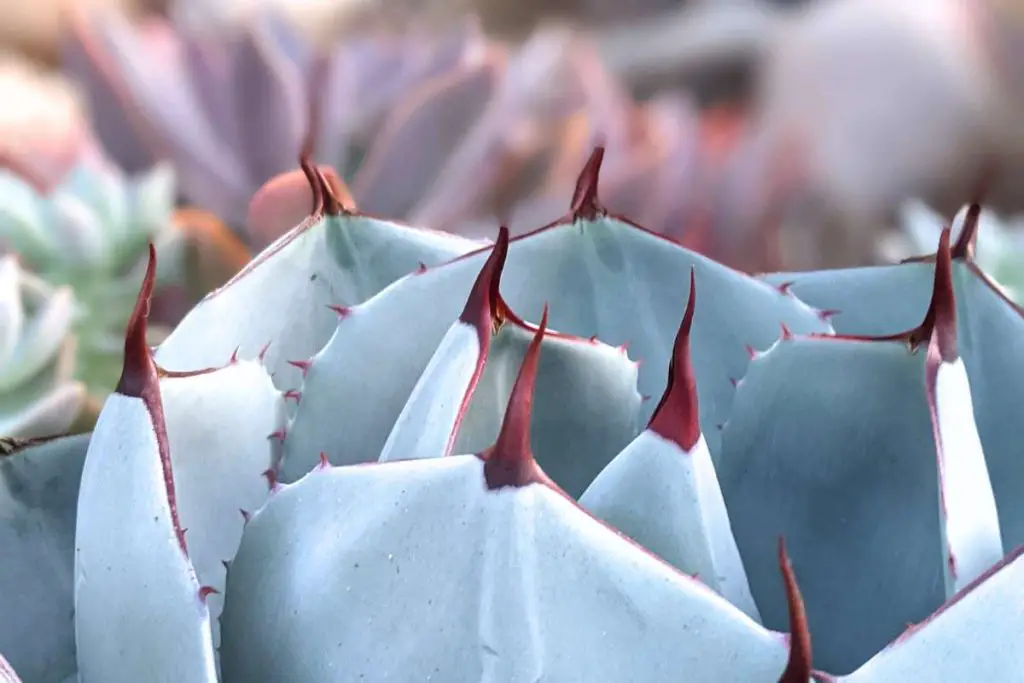
Compost Tea vs. Compost: What’s the Difference?
While both compost and compost tea provide essential nutrients and microorganisms, compost tea is a liquid form that can be more easily absorbed by plants. It also offers the advantage of being easier to apply, especially to the foliage of your succulents.
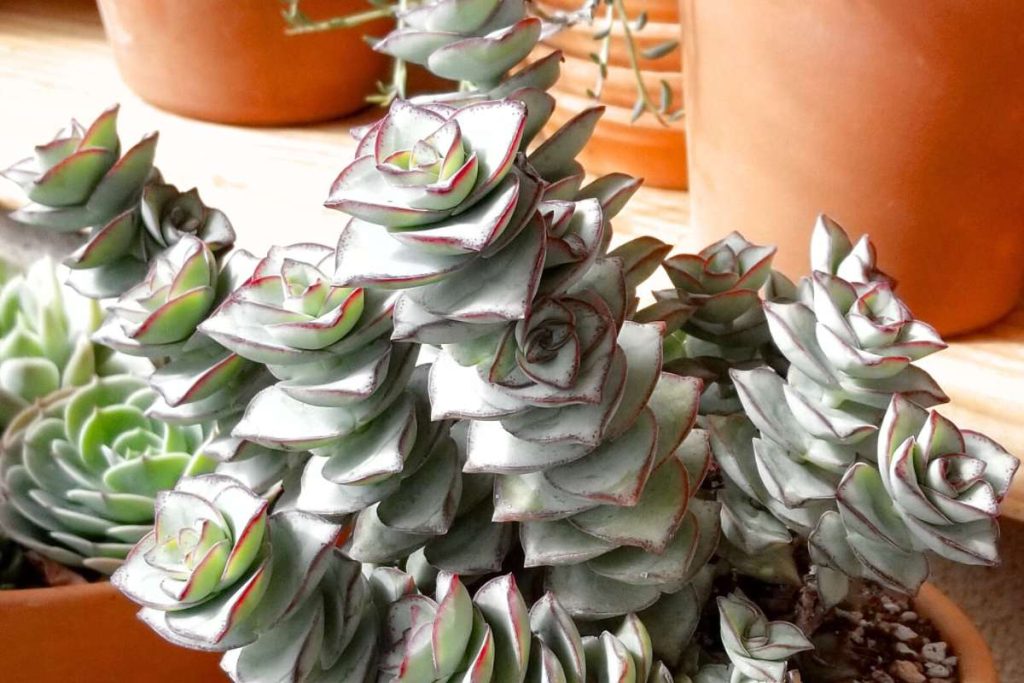
The Process and Duration of Brewing
The brewing process for compost tea typically takes 24-48 hours for aerated tea and 3-7 days for non-aerated tea. During this time, the beneficial microbes in the compost multiply and create a nutrient-rich solution for your plants.
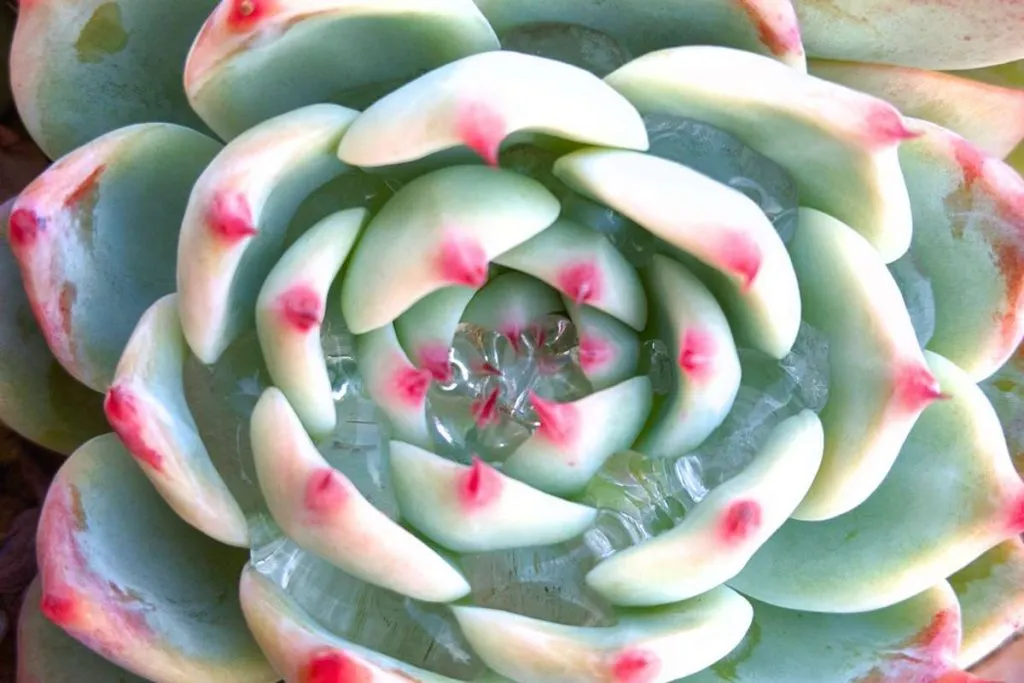
Storing and Using Compost Tea
Compost tea is best used fresh, but it can be stored for up to 3 days in a cool, dark place if necessary. Be sure to use an airtight container to prevent the growth of harmful anaerobic bacteria. When you’re ready to use it, simply dilute it as needed and apply it to your succulents’ soil.
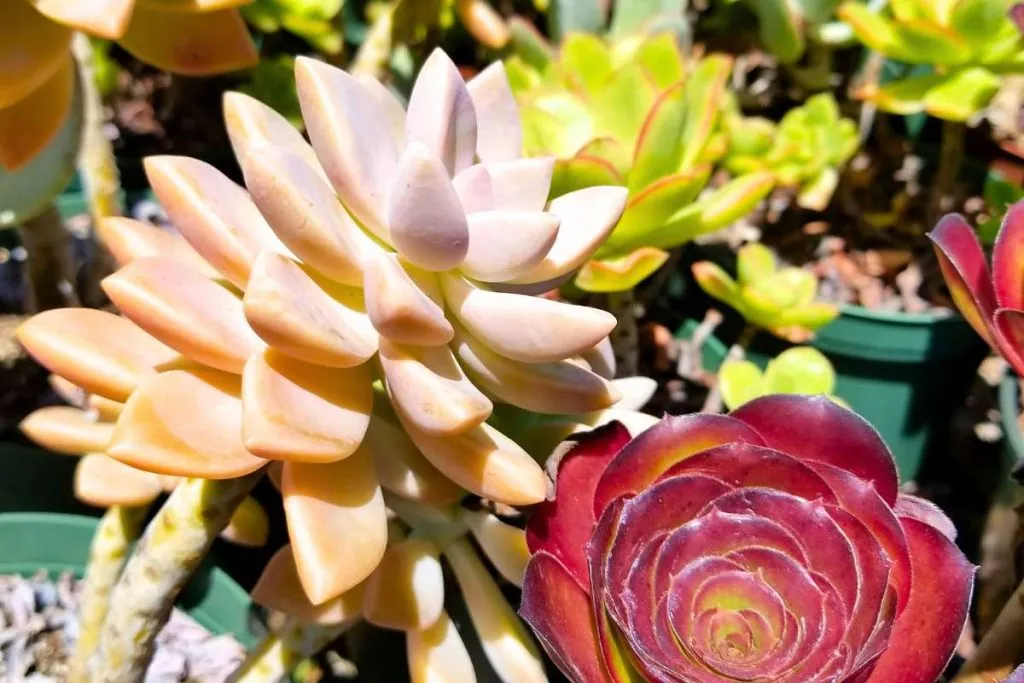
Disadvantages
While it offers many benefits, there are some potential downsides. For one, it can be time-consuming and messy to make. Additionally, if the brewing process is not done correctly, harmful bacteria can proliferate, leading to unpleasant odors and potential harm to plants.
Most Common Type
The most common type of compost tea is aerated compost tea, which is preferred for its faster brewing time and higher concentration of beneficial microbes. However, non-aerated can still be effective if made and used correctly.
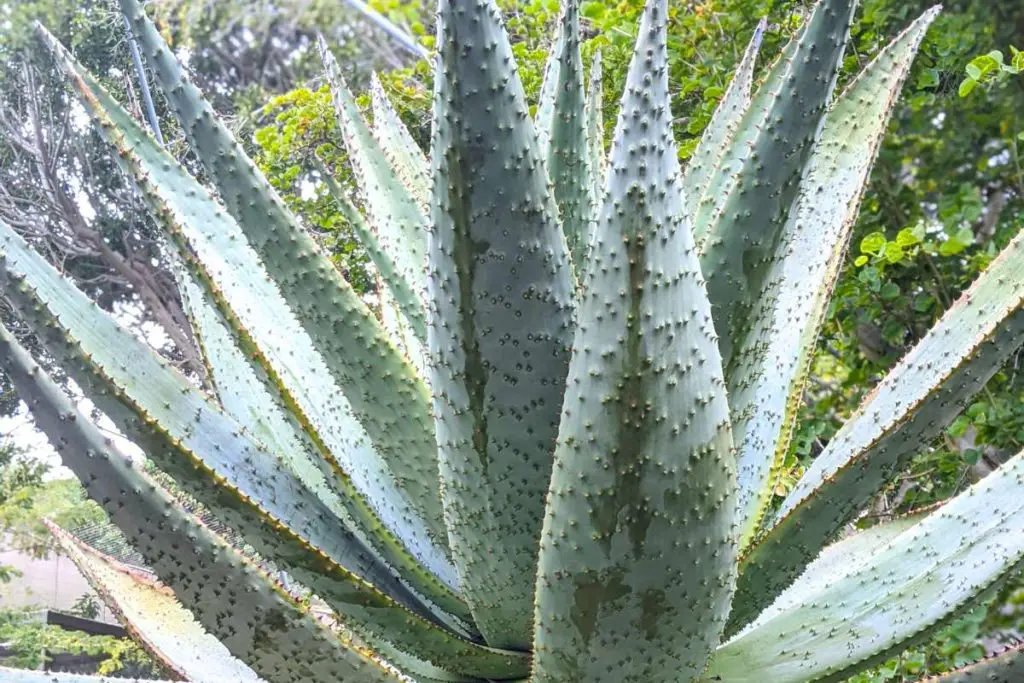
Compost Tea for Succulent Soil
Compost tea can be especially beneficial for succulent soil, as it provides essential nutrients and helps improve soil structure. To make it specifically for succulent soil, follow the same steps as described above but use a compost blend that includes ingredients like coco coir, perlite, and pumice.
Compost Tea and Other Plant Stages
While it is most commonly used during the vegetative and flowering stages, it can still provide benefits throughout a plant’s life cycle. During the flowering stage, for example, a recipe that includes ingredients like bat guano or worm castings can help boost flower production.
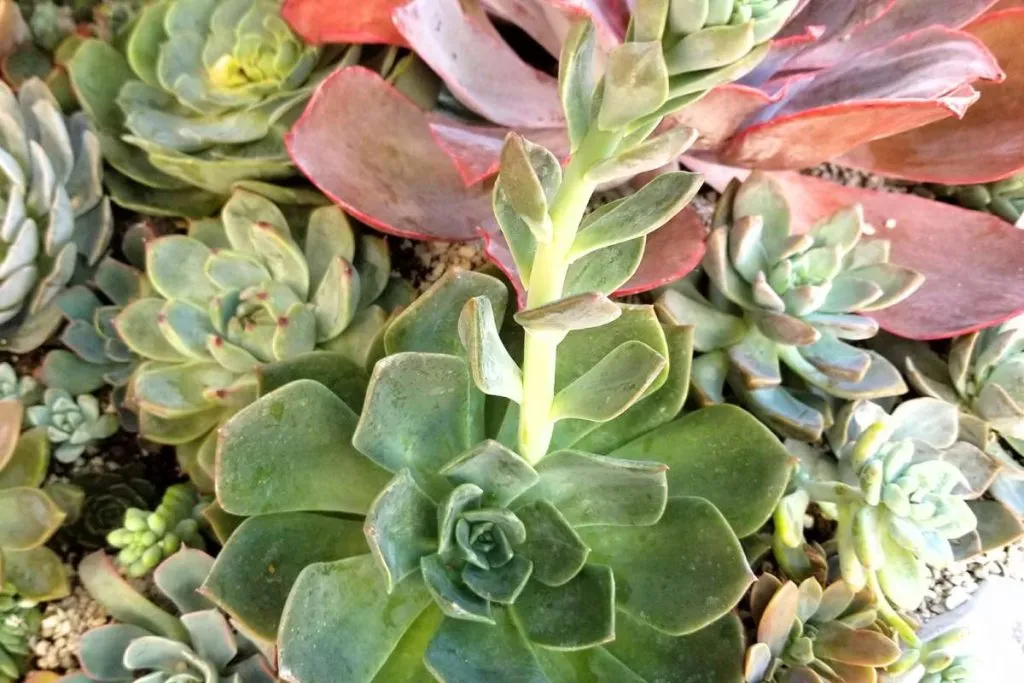
Frequently Asked Questions
Here, we’ll address some common questions regarding compost tea:
- Does it need to be refrigerated? No, but it should be stored in a cool, dark place if not used immediately.
- How often should you water plants with it? This depends on your plants’ needs, but generally, once every 2-4 weeks is a good guideline.
- Do all succulents like it? Most succulents can benefit from it, but some may require a specific blend of nutrients. Always research your specific plant species to ensure you’re providing the right nutrients.
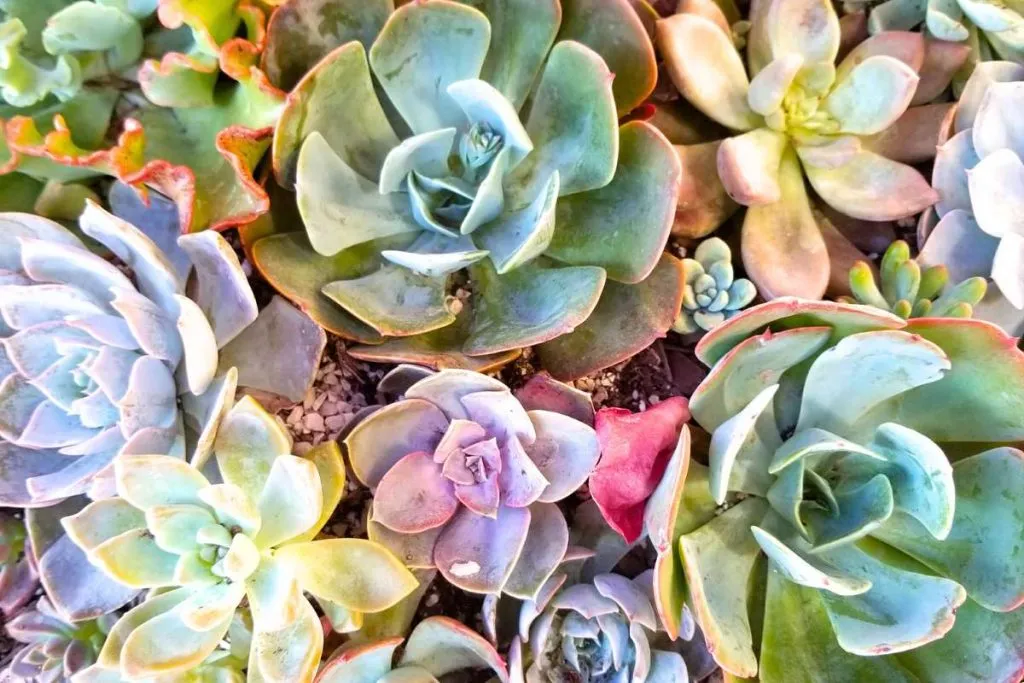
Expert Tips for Making the Best Compost Tea
To make compost tea like a pro, follow these expert tips:
- Use high-quality, well-aged compost as the base for your tea.
- Always use dechlorinated water to avoid killing beneficial microbes.
- Stir your tea regularly during the brewing process to ensure proper aeration.
- Monitor the smell of your compost tea; it should have a sweet, earthy aroma. If it smells sour or rotten, something has gone wrong, and the batch should be discarded.
- Experiment with different compost tea recipes and ingredients to find the perfect blend for your specific succulents.
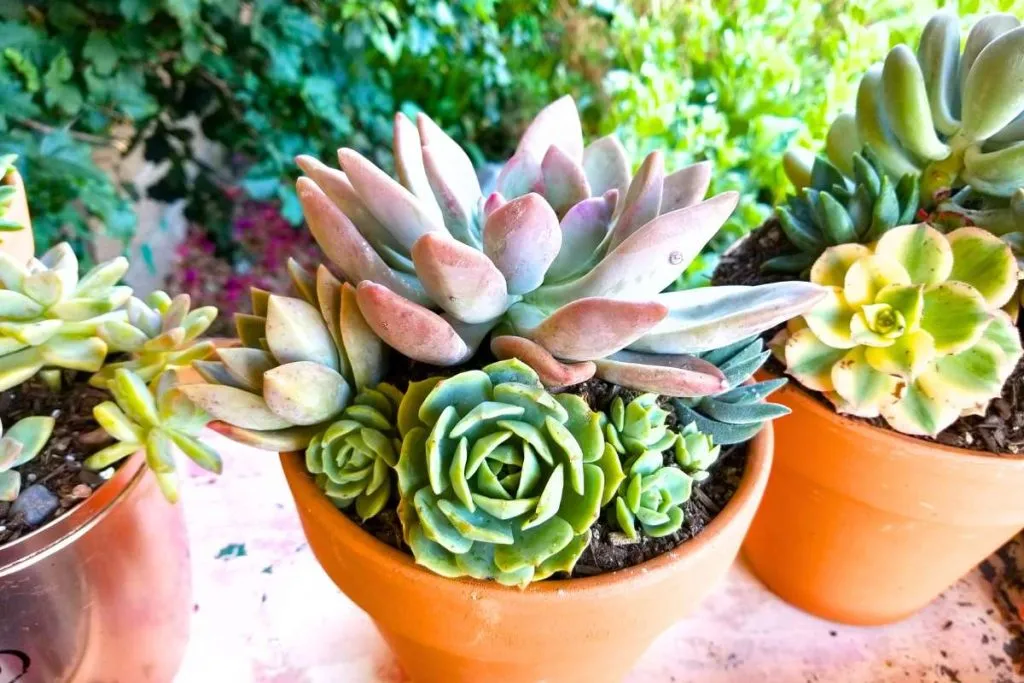
Compost tea is a fantastic, all-natural way to provide your succulents with the nutrients and beneficial microbes they need to thrive. By following this comprehensive guide, you’ll be well on your way to making your own and enjoying healthier, happier succulents. So go ahead, give it a try – your succulents will thank you!

